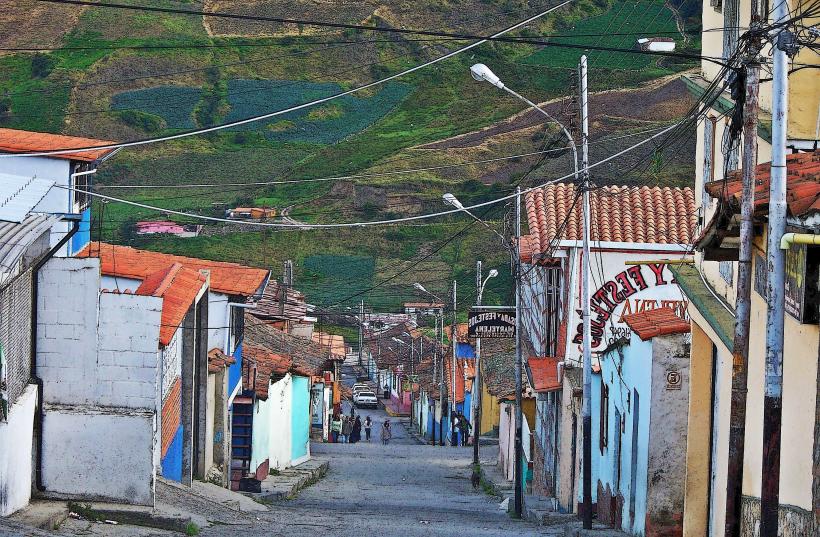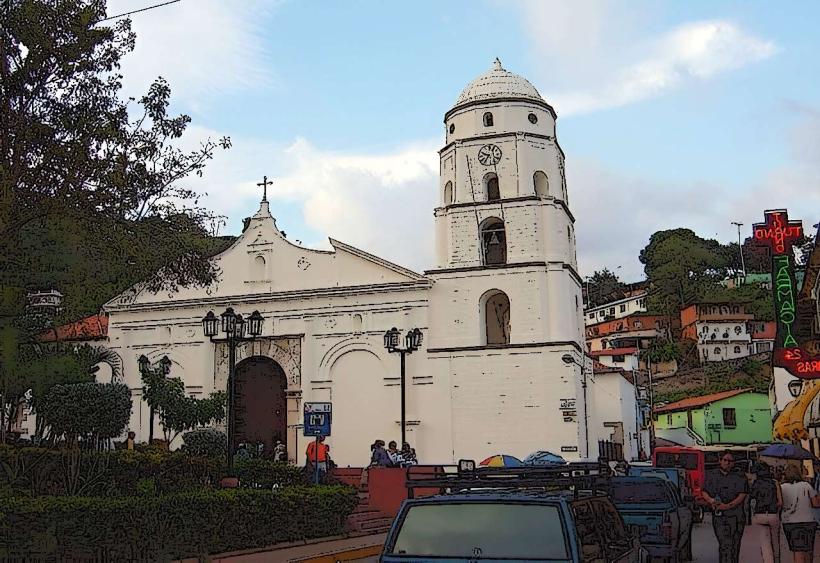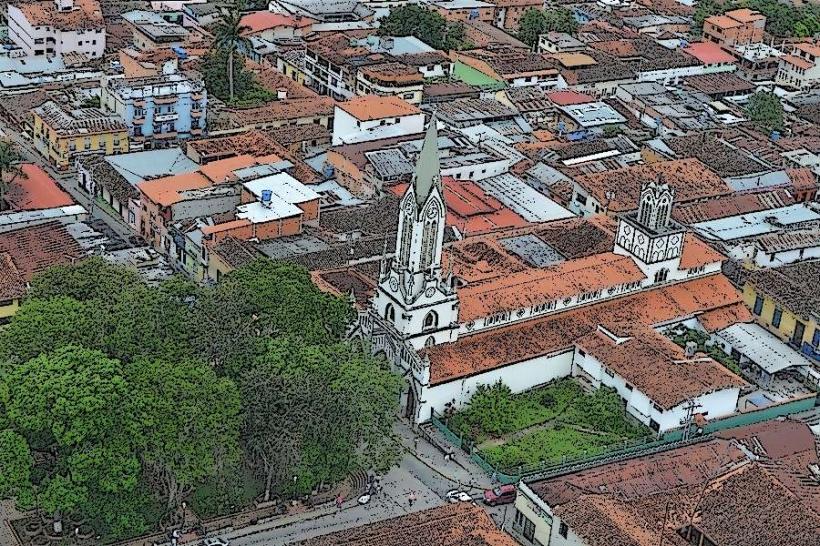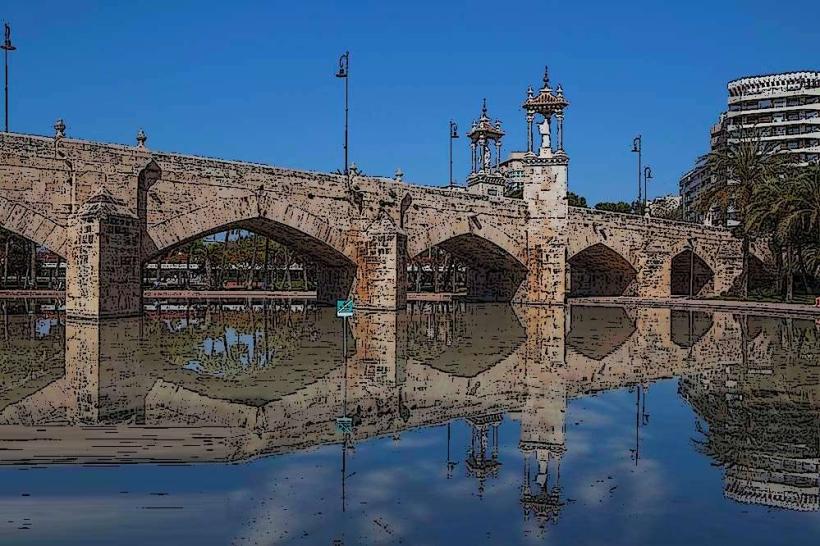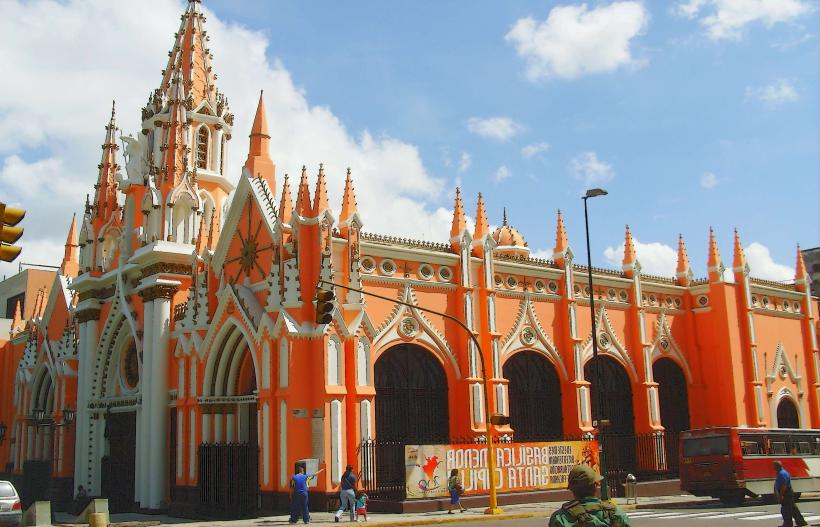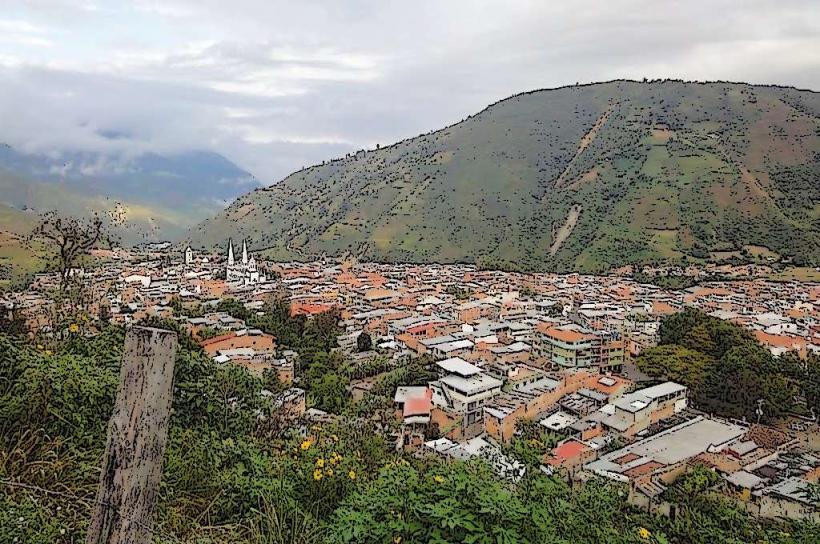Information
Landmark: Museo de TrujilloCity: Trujillo State
Country: Venezuela
Continent: South America
Museo de Trujillo, Trujillo State, Venezuela, South America
Museo de Trujillo – A Cultural Treasure in Venezuela
Overview
The Museo de Trujillo is a museum located in the city of Trujillo, the capital of Trujillo State in western Venezuela. The museum serves as an important cultural and historical center for the region, showcasing the area's rich heritage, including its indigenous roots, colonial history, and the evolution of Venezuelan culture. The Museo de Trujillo provides visitors with a deeper understanding of the state's history and its significance within the broader context of Venezuela's development.
Historical and Cultural Significance
Colonial and Pre-Colonial Artifacts
The Museo de Trujillo is home to a diverse collection of artifacts that represent both the pre-Columbian and colonial periods. The museum's collections include ancient indigenous artifacts, pottery, tools, and textiles from the pre-Columbian cultures that inhabited the region before the arrival of the Spanish.
The museum also highlights the colonial era, displaying items that reflect the daily lives of Spanish settlers, including religious objects, documents, and tools used during the colonial period.
Trujillo's Role in Venezuelan History
The museum plays a vital role in preserving and presenting the history of Trujillo State, an area that was deeply involved in the independence movement of Venezuela. The city of Trujillo is particularly significant for its role in the Venezuelan War of Independence, and the museum dedicates sections to the local heroes and events related to the fight for freedom.
The museum also explores the cultural diversity of Trujillo, which has been shaped by the blending of indigenous, African, and European traditions.
Exhibitions and Collections
Indigenous and Pre-Colonial Exhibits
The museum features a comprehensive collection of pre-Columbian artifacts, which provide insight into the native cultures of the region, such as the Muzo and Chibcha cultures. Items like ceramics, tools, weapons, and jewelry are displayed, reflecting the skills and artistry of these ancient civilizations.
Colonial Artifacts
As part of its exploration of Trujillo's colonial past, the museum also houses a variety of religious objects, such as paintings, sculptures, and church relics. These objects offer a glimpse into the influence of Catholicism in the region and the cultural legacy of Spanish colonization.
Venezuelan Independence
A significant portion of the museum is dedicated to the Venezuelan War of Independence, showcasing the involvement of Trujillo's residents in the national movement for freedom. This includes exhibits on local independence leaders, such as Juan Bautista Arismendi, and artifacts related to their struggle against Spanish rule.
Local History and Traditions
The museum also features exhibits on the cultural traditions of the region, including displays on music, dance, and handicrafts. Traditional Andean costumes, weavings, and artisan works are displayed, highlighting the craftsmanship and heritage of Trujillo's people.
Architectural Features
The Museo de Trujillo is housed in a historically significant building, and its architectural style reflects the colonial influence of the region. The museum itself is a beautiful example of Venezuelan colonial architecture, with arched windows, high ceilings, and a courtyard that adds to the charm of the space.
Visitors can explore not only the museum's rich collection but also enjoy the historical ambiance of the building, which is a part of Trujillo's colonial heritage.
Visiting the Museum
Educational and Cultural Value
For visitors, the Museo de Trujillo provides a deep dive into the region's past, offering educational insights into Venezuela's colonial, indigenous, and revolutionary history. It is a great place to learn about Trujillo’s role in Venezuela's independence and to explore the cultural diversity of the region.
Location and Accessibility
The museum is centrally located in Trujillo, making it easily accessible for both tourists and locals. It is often included in cultural tours of the region, and its exhibits are well-curated for visitors of all ages and backgrounds.
Conclusion
The Museo de Trujillo stands as a testament to the rich cultural and historical heritage of Trujillo State and Venezuela as a whole. Through its diverse collection of artifacts, artworks, and exhibits, the museum offers visitors a comprehensive look at the region's pre-Columbian past, colonial history, and involvement in Venezuela's struggle for independence. Whether you're interested in Venezuelan history, indigenous cultures, or colonial architecture, the Museo de Trujillo provides a valuable and enriching experience for all who visit.

